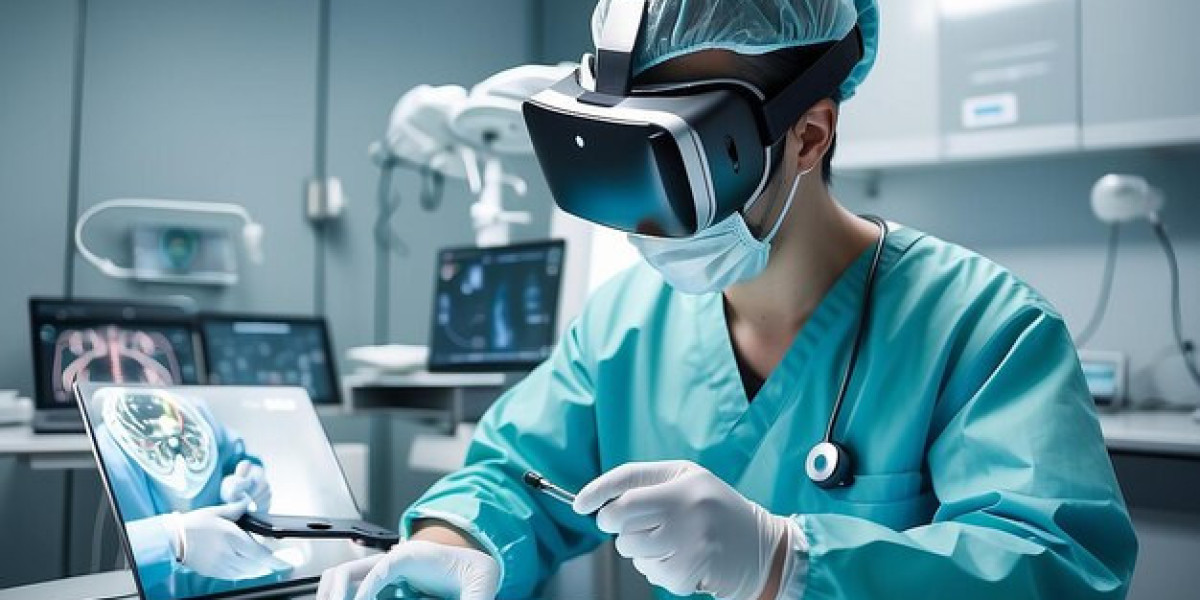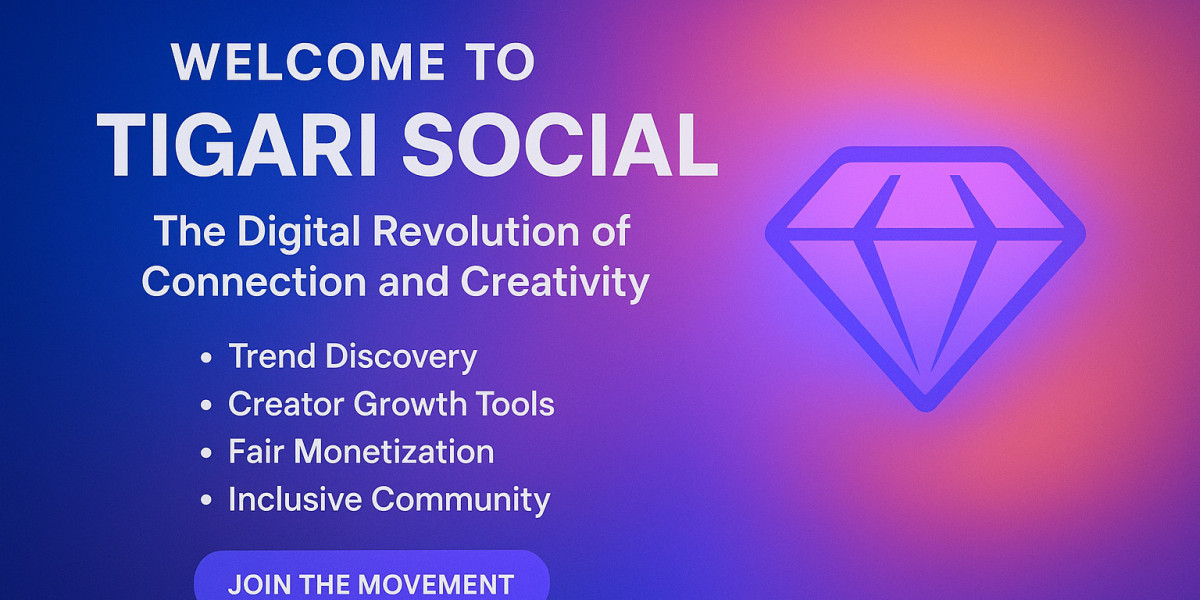Artificial intelligence has evolved faster than almost any other technology in history. By 2025, AI is no longer limited to research labs or niche applications—it’s part of our daily lives, often in ways we don’t even notice. From personalized education to smarter healthcare, AI is driving the next wave of innovation.
1. Smarter Homes and Personal Assistants
Voice-controlled assistants like Alexa, Siri, and Yandex’s Alice have become far more advanced. In 2025, these systems don’t just respond to commands—they anticipate needs, manage energy usage, and even provide emotional support through natural conversation.
2. AI in Healthcare
Doctors now rely on AI-powered tools to detect diseases earlier and more accurately than ever. Machine learning systems analyze scans, predict health risks, and recommend personalized treatments. In some hospitals, AI chatbots even assist patients 24/7, reducing wait times and costs.
3. Education Transformed
AI-driven platforms tailor lessons to each student’s learning style. In classrooms and online, students receive personalized guidance, while teachers use AI analytics to spot where help is needed. By 2025, AI tutors are nearly as common as textbooks.
4. The Workplace Revolution
AI-powered software manages tasks, schedules, and even creative work. While some fear job losses, the reality is that AI has created new industries, from prompt engineering to AI ethics consulting. Companies that embrace AI see higher efficiency and new opportunities.
5. Transportation and Mobility
Autonomous vehicles are no longer experimental—they’re on city streets worldwide. AI algorithms manage traffic flow, reduce accidents, and cut emissions. Ride-sharing platforms integrate AI to match riders more efficiently and predict demand patterns.
6. Ethical Concerns
Despite progress, AI raises major ethical questions. Privacy, surveillance, and bias in algorithms are hotly debated. Governments are racing to regulate AI, but innovation often moves faster than policy. Striking a balance between progress and responsibility remains a global challenge.
7. The Future Ahead
Looking beyond 2025, experts predict AI will integrate with augmented reality, brain-computer interfaces, and even space exploration. What seems futuristic today could be everyday reality tomorrow.
Conclusion
Artificial intelligence is no longer just about futuristic robots. In 2025, it’s a daily companion, a healthcare partner, and a workplace tool. AI is transforming the way we live, work, and learn—and its impact will only grow in the years to come.






